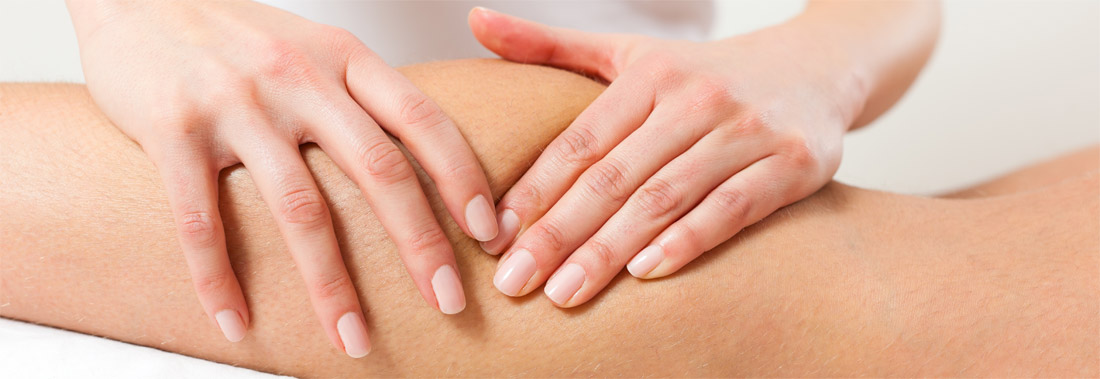Massage significantly improved self-rated health, mental energy and muscle pain in people with chronic musculoskeletal pain, according to a recent study.
“A Randomized Clinical Trial of the Treatment Effects of Massage Compared to Relaxation Tape Recordings on Diffuse Long-Term Pain” was conducted by staff at the Uppsala University Department of Public Health and Caring Sciences, in Uppsala, Sweden.
One hundred-seventeen subjects with long-term, diffuse (spread out) musculoskeletal pain participated in the study. Each subject had pain that had lasted for at least three months and was not caused by a specific disease or condition.
Participants were randomized to either a massage or relaxation group. Subjects in the first group received anywhere from six to 10 massages, each lasting 30 minutes. Subjects received the massages one to three times per week. Participants received an average of seven massages. One person administered all massages, and each session was adjusted to meet subjects’ individual pain thresholds.
Subjects in the relaxation group listened to a relaxation tape twice a week for five weeks. The tape instructed them to tense and relax the muscle groups and breathe slowly and regularly.
Questionnaires regarding the subjects’ age, gender, smoking habits, country of birth, marital status and profession were filled out before, immediately after and three months following the study. A self-rated health questionnaire and rating scales for mental energy and muscle pain were also administered at these times.
Results of the study showed that, during treatment, there was a significant improvement in self-rated health, mental energy and muscle pain for subjects in the massage group as compared to those in the relaxation group.
“For all three outcome measures, massage was significantly more effective during treatment, even after controlling for other possible factors,” state the study’s authors.
However, at the three-month follow-up evaluation, these improved scores had reverted back to their initial levels.
“This lack of long-term benefits could be due to the short treatment period or treatments such as these do not address the underlying causes of pain,” state the study’s authors. “Future studies of long-term pain should include longer treatment periods and post-treatment follow-up.”
– Source: Uppsala University Department of Public Health and Caring Sciences, in Uppsala, Sweden. Authors: Dan Hasson, Bengt Arentz, Lena Jelveus and Bo Edelstam. Originally published in Psychotherapy and Psychosomatics, 2004, Vol. 73, pp. 17-24.

